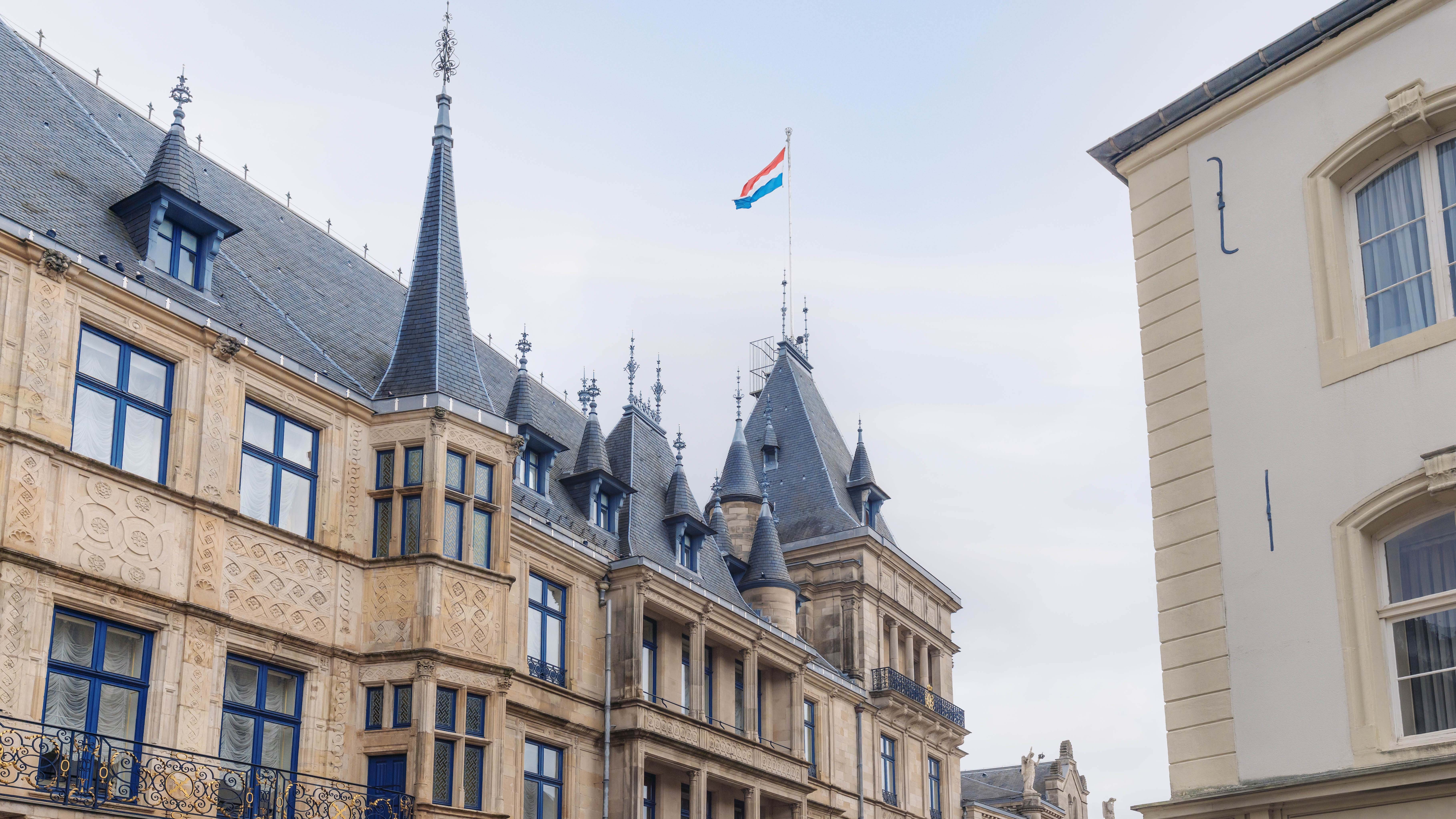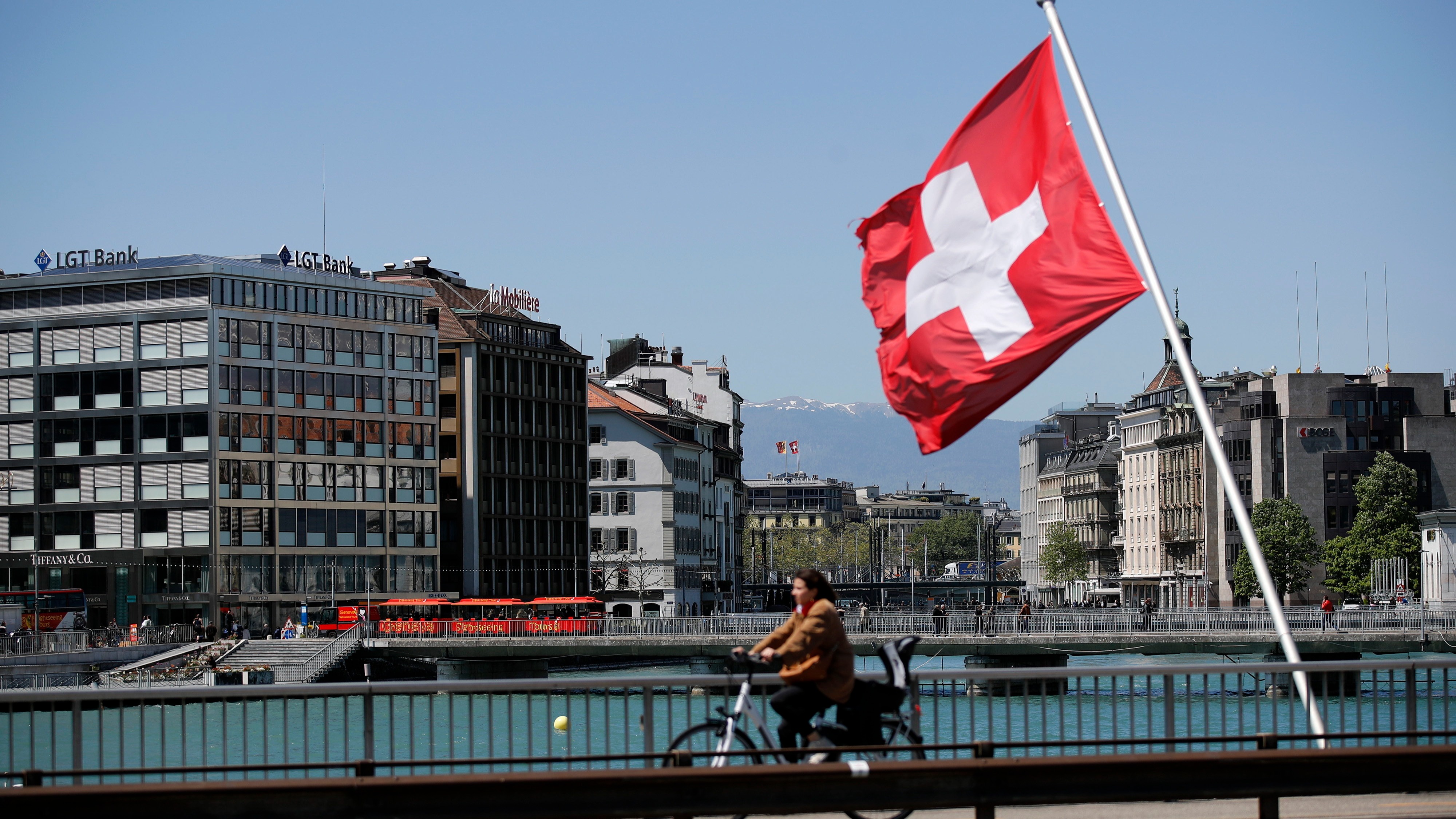Dubai thrives as families desert rival centres
Ali Al-Enazi

Regional families in the Middle East have emerged at the forefront of investment trends, particularly the global pivot to private markets, according to Citi and Lombard Odier, two leading wealth managers with major ambitions in the Gulf states.
According to Lombard Odier, strategic allocations to private assets and hedge funds across the region now approach 30 per cent.
For Mohannad Sleiman, Middle Eastern market executive at Citi Private Bank, the region’s families “haven’t just followed the global private markets trend, they’ve led it”.
The generational shift is accelerating this evolution. “The next generation thinks differently,” says Mr Sleiman. “They’re more global, take more risk, and want to see more international deals.”
Further reading
Popular themes within this asset class include AI, infrastructure, healthcare and education, alongside traditional diversification. Lombard Odier is also seeing greater focus on sustainability and impact opportunities.
Mr Sleiman points to government-led investment in AI, healthcare and education as a magnet for next-generation entrepreneurs. Citi is underlining its own conviction by relocating its flagship events. Citi’s Emea family office conference, normally held in London, is being hosted in Dubai in 2025. “We are drawing in clients from Asia and all across Emea,” says Mr Sleiman.
In order to make their investment process more efficient, many Middle Eastern families are hiring seasoned professionals, ex-bankers, consultants and private equity specialists, to formalise governance and decision-making.
“Family offices are becoming more sophisticated,” he notes, “and Dubai offers the solid legal framework and aspirational lifestyle that makes that possible.”
The Dubai International Financial Centre (DIFC), which regulates investment business, has noted a sharp rise in activity, with the number of family business-related entities operating there reaching 1,035 in 2025, up from 600 a year ago.
Family offices are becoming more sophisticated and Dubai offers the solid legal framework and aspirational lifestyle that makes that possible
Citi has now shifted part of its family office franchise into the region to take advantage of these trends. “We are seeing a certain number of family offices from Europe and Asia relocating or expanding into the Middle East, often setting up additional offices here,” says Mr Sleiman. “A substantial number of Middle Eastern family offices are using Dubai as their base. Families setting up for the first time are often choosing Dubai.”
Dubai, he says, is increasingly acting as a “gateway to India, Africa, and south-east Asia”, a role that resonates with entrepreneurs and next-generation family members who see opportunity in these high-growth markets.
Safe haven
A vibrant and accessible local property market also reflects Dubai’s new role as a safe-haven jurisdiction, in a time of global turmoil. “The UAE is now replacing the UK as the safe-haven real estate market. That shows a real maturity in the market here,” says Jeremy Savory, founder of Savory and Partners, a Dubai-based firm specialising in citizenship and residency-by-investment services for high net worth individuals and families.
Mr Savory says he is witnessing a cultural shift as much as an economic one. “It’s no longer just about tax; it’s become the breakfast-table conversation. Friends are already here, schools are here, the ecosystem is here. Why wouldn’t you move?”
This clustering effect is critical for Dubai’s ambition to be recognised alongside Switzerland and Singapore as a full-service wealth hub. “We’re reaching a momentum phase, not quite 80/20 yet, but enough people have moved that it’s triggering the whole ecosystem to follow,” Mr Savory adds. “If the client is moving to the UAE, their private bankers, advisers and family office staff are coming too.”
According to Boston Consulting Group, 22 per cent of firms in the DIFC originate from the UK, with similar interest from continental Europe, and appetite from across the Middle East also holding up.
I’ve got Brits selling their properties at 10 per cent below market value just to get out. They’re not waiting, they want out now
“I’ve got Brits selling their properties at 10 per cent below market value just to get out. They’re not waiting, they want out now,” says Mr Savory, pointing to a significant “softening” of the London luxury property market. “I think the real reason families are leaving the UK is inheritance tax. It’s become one of the most expensive places in the world to die.”
Abolition of the UK’s non-dom tax regime in April 2025, replaced by a system subjecting global assets, including trusts, to inheritance tax, has made jurisdictions such as Dubai and Portugal appear more favourable.
Global hub
Dubai has made “significant strides” in positioning itself as a global hub for family offices, underpinned by regulation, infrastructure and its role as a “natural bridge between East and West”, says Ali Janoudi, head of new markets at Lombard Odier.
Over the next five to 10 years, he expects to see the city “consolidate its position as one of the most important global hubs for wealth”. Leading families, he believes, will adopt “multi-jurisdictional strategies”, using Dubai to complement asset holdings in London, Singapore and Geneva. The idea among European and UK clients is to benefit from Dubai’s “tax efficiency, strong regulation and global connectivity”, in order to complement a family’s existing bases, rather than replace them.
For Asian families, the trend is slightly different, with most not relocating households but using Dubai as a hub for transactions, investments and succession planning, given its proximity, cultural ties and ease of doing business.
The DIFC has evolved rapidly, hosting global banks and asset managers, and has introduced frameworks specifically for family offices. “What makes Dubai so compelling is the ability to bring these elements together in one place: a supportive regulatory environment, access to world-class advisers and private banks,” says Mr Janoudi.
The UAE, says Mr Savory is fast becoming what London used to be: “Dubai is now a meeting point for Africans, Indians, Turks and anyone looking to do cross-border business.”
While Dubai’s ascent as a global wealth hub is clear, questions remain about how resilient this growth really is. The memory of the 2008 financial crisis still looms large when property prices collapsed, expatriates fled, and the city struggled to sustain itself.
Kim Cornwall, a former high-ranking Merrill Lynch and SG Hambros private banker who now advises wealth managers, notes that “the Emirate of Dubai and all the top investment banks have extremely well-qualified economists asking exactly this question”.
He draws a comparison to the global financial crisis (GFC). “The GFC was caused by the complete drying up of credit on the back of the collapse of US mortgage-backed securities. The UAE dirham is linked to the US dollar, so that the contagion was immediate.”
He adds that Dubai had a number of short-term loans and credits that needed rolling over, which in normal circumstances would have been no problem, but in the GFC, credit just dried up almost overnight.
Mr Cornwall cautions that while Dubai has built buffers, “it could happen again, and there are a number of warning signs already flashing yellow.”
Business-friendly government, fiscal unattractiveness in the West and loose global conditions underpin Dubai’s boom. “Any of these could change,” he says. Especially financial conditions, which “could tighten very quickly in the event of a collapse in crypto and/or US stock markets”.
He points to three warning signs worth monitoring: excessive real estate speculation, the presence of international crime families and unbridled optimism.
“As in the GFC of 2008/2009, I suspect outside events will cause the next crisis in Dubai,” he concludes. “This time, most of the leverage is not with the government but rather with real estate and crypto speculators.”




